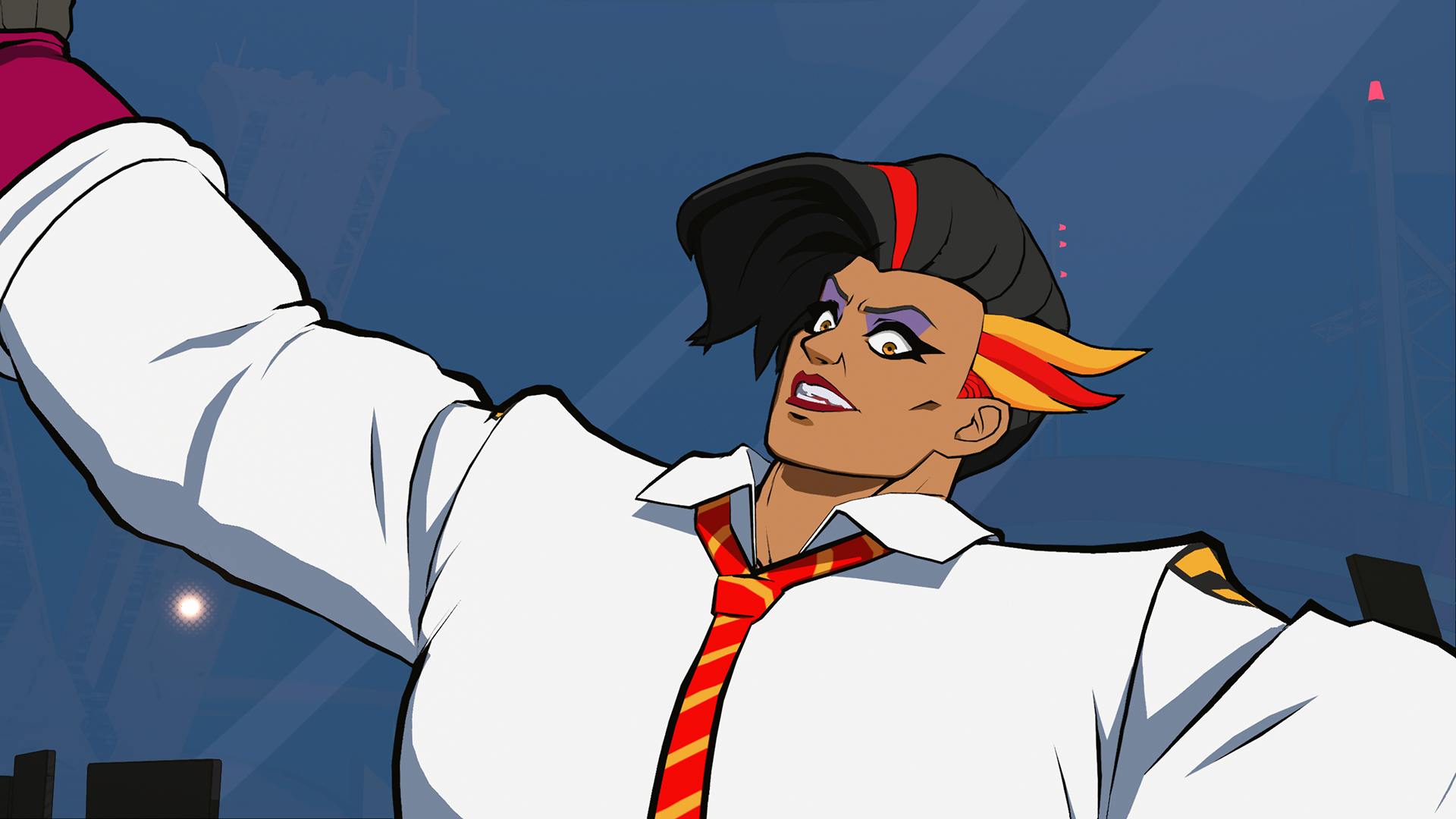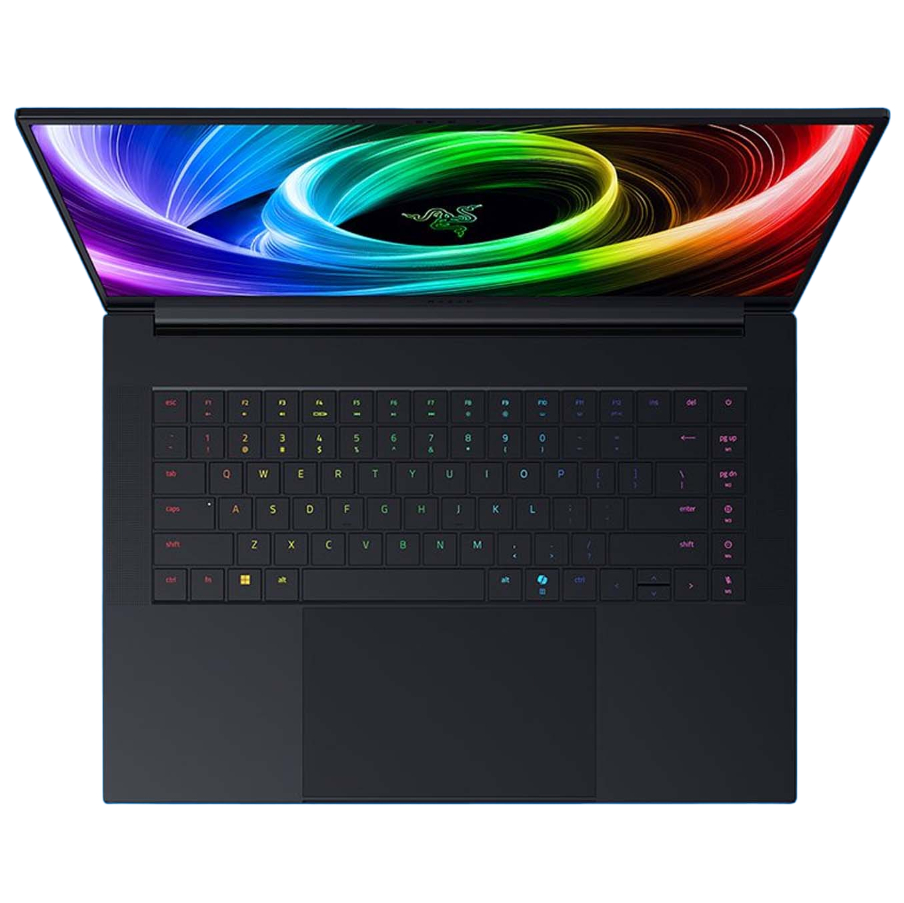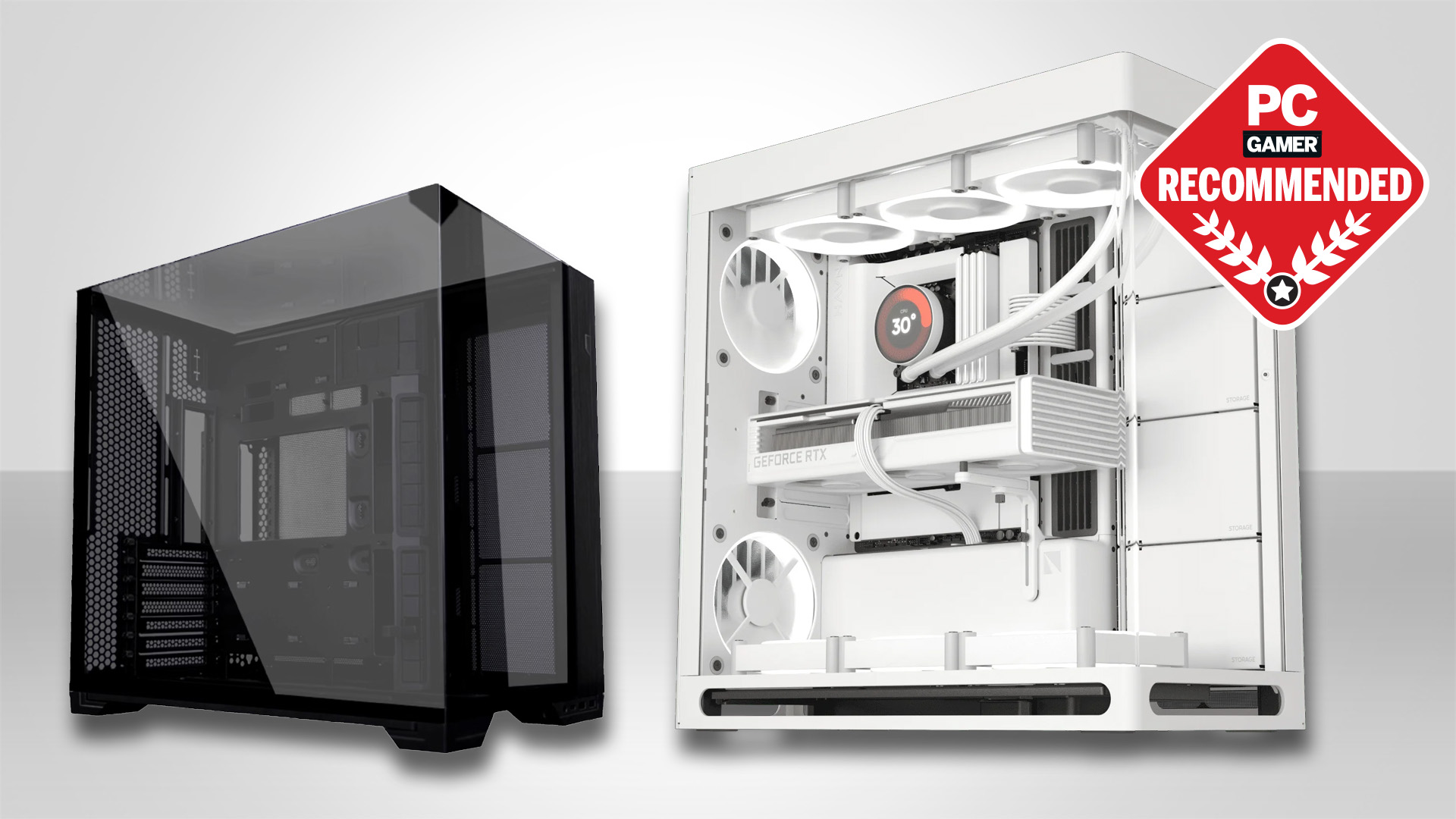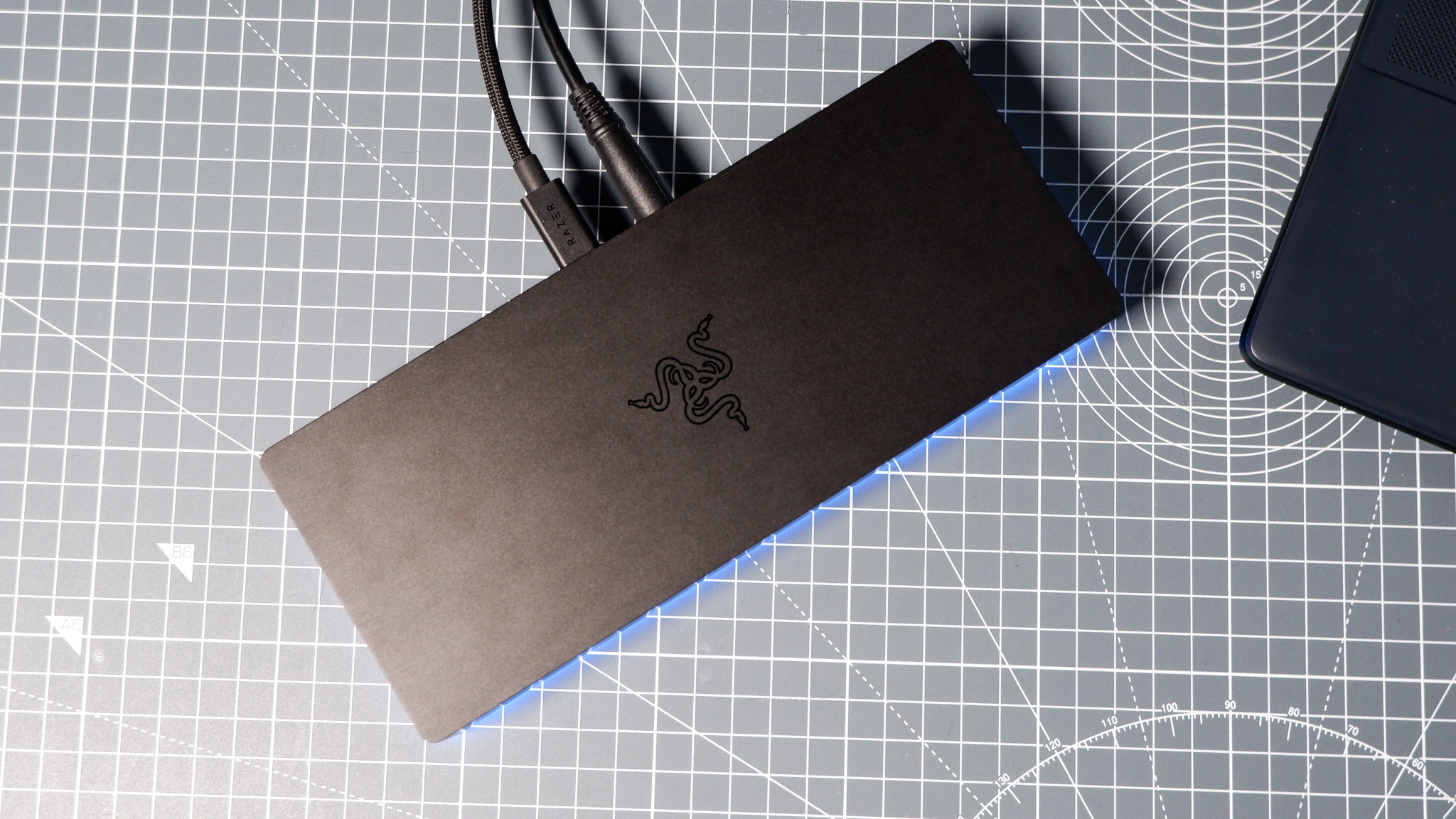Former Xbox VP says Game Pass creates 'weird inner tensions' because a game's popularity can actually damage sales: 'The majority of game adoption on GP comes at the expense of retail revenue'
Hi-Fi Rush drew in more than three million players, but that wasn't enough to save Tango Gameworks.

Pete Hines, the former vice president of communications and marketing at Bethesda, recently opined on what he described as "short-sighted thinking" driving subscription-based game services like Game Pass: "If you don't figure out how to balance the needs of the service and the people running the service with the people who are providing the content—without which your subscription is worth jack shit—then you have a real problem."
"You need to properly acknowledge, compensate, and recognize what it takes to create that content and not just make a game, but make a product," Hines said in a recent interview with Dbltap. "That tension is hurting a lot of people, including the content creators themselves, because they're fitting into an ecosystem that is not properly valuing and rewarding what they're making."
Tango Gameworks' Hi-Fi Rush is cited as an example of this tension: The game was by all reports a big success, attracting three million players and being celebrated by Microsoft as a "breakout hit." But three million players, many of which presumably arrived through Game Pass, isn't the same as three million sales, and in June 2024 Microsoft closed the studio. An explanation for the closure was never really provided—words were spoken, but little was said—but the obvious bottom line was that creating a popular game wasn't enough to ensure continued employment.
In a subsequent message posted to LinkedIn, former World's Edge studio head and Xbox Games Studios vice president Shannon Loftis acknowledged the issue, writing, "As a longtime first party Xbox developer, I can attest that Pete is correct."
"While GP can claim a few victories with games that otherwise would have sunk beneath the waves (Human Fall Flat, e.g.), the majority of game adoption on GP comes at the expense of retail revenue, unless the game is engineered from the ground up for post-release monetization," Loftis wrote. "I could (and may someday) write pages on the weird inner tensions this creates."
Games on Game Pass don't make as much as they potentially could if they were not available on the service because people can play them without actually buying them: They get full access for their flat, unchanging monthly subscription fee. The counter-argument is that not everyone playing on Game Pass would pay for all the games they play—would Hi-Fi Rush have managed more than three million copies sold if it wasn't available on Game Pass?—but the counter-argument to that is that the presence of those games is what makes the services so appealing: That is, the creative work of studios whose games might not be big hits in the conventional retail market is what makes Game Pass work, and they should be paid for it.
Whether Game Pass 'works,' and whether it's viable in the long term, remains a matter of some debate. It's popular, and seems central to Microsoft's gaming ambitions, but Arkane founder Raphael Colaontonio said earlier this year that it's "an unsustainable model that has been increasingly damaging the industry for a decade."
Keep up to date with the most important stories and the best deals, as picked by the PC Gamer team.
Former Sony Worldwide Studios boss Shawn Layden expressed reservations of his own in August, saying that subscription services encourage a "wage slave" approach to game development: "They're not creating value, putting it in the marketplace, hoping it explodes, and profit sharing, and overages, and all that nice stuff. It's just, 'You pay me X dollars an hour, I built you a game, here, go put it on your servers'."
Microsoft says Game Pass is profitable, even though it doesn't include lost first-party game sales when making that determination, but that didn't prevent it from laying off 9,000 people, cancelling multiple games, and closing Perfect Dark developer The Initiative in July—despite making $27.2 billion in net income in the fourth quarter of its 2025 fiscal year. Weird inner tensions, indeed.

👉Check out our list of guides👈
1. Best gaming laptop: Razer Blade 16
2. Best gaming PC: HP Omen 35L
3. Best handheld gaming PC: Lenovo Legion Go S SteamOS ed.
4. Best mini PC: Minisforum AtomMan G7 PT
5. Best VR headset: Meta Quest 3

Andy has been gaming on PCs from the very beginning, starting as a youngster with text adventures and primitive action games on a cassette-based TRS80. From there he graduated to the glory days of Sierra Online adventures and Microprose sims, ran a local BBS, learned how to build PCs, and developed a longstanding love of RPGs, immersive sims, and shooters. He began writing videogame news in 2007 for The Escapist and somehow managed to avoid getting fired until 2014, when he joined the storied ranks of PC Gamer. He covers all aspects of the industry, from new game announcements and patch notes to legal disputes, Twitch beefs, esports, and Henry Cavill. Lots of Henry Cavill.
You must confirm your public display name before commenting
Please logout and then login again, you will then be prompted to enter your display name.

